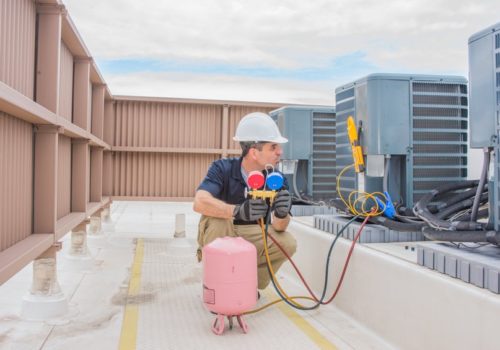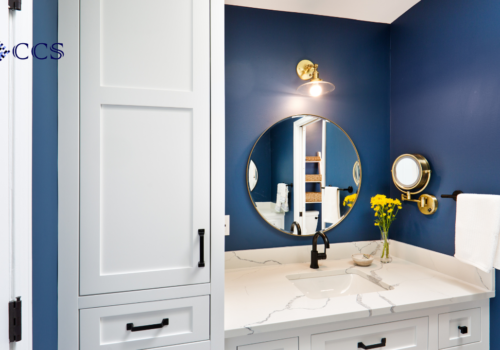What Are Backflow Services and Why You Need One?
No homeowner would want to drink or use dirty water for their daily activities. That’s why homes in Canberra have backflow preventers. Those plumbing equipment are responsible for keeping wastewater from contaminating clean, potable water.
Backflow preventers contain valves that close automatically to keep the water, which is supposed to move only in one direction, from going the other way. In short, these plumbing devices protect you and your family from potential health hazards.
What Exactly Is a Backflow?
Backflows occur when there is an unwanted and considerable change in pressure that causes liquid or solid waste and even gas to move into and contaminate the water supply in your house. Cross-connection is the term provided for areas that links clean water to a polluted source.
Without a backflow preventer, or if something had caused the device to malfunction, your water source will most likely end up being not as drinkable as you thought it was. Such cases may occur both in commercial and residential establishments. You will need to call a licensed plumbing contractor that provides backflow services if you suspect cross-connection in your plumbing. It is also highly recommended to contact the best plumber Canberra for emergency backflow incidents in toilets and sinks, especially during the most inconvenient hour of the day.
Telltale Signs of a Backflow Problem
There are two types of backflow: One is backpressure, while the other is back-siphonage. Back pressure occurs when something causes the water to flow back in the other direction. The latter, back-siphonage, happens when the pressure reverses in the plumbing, which causes a decrease of pressure from the water main. Often, back-siphonage takes place when firefighters use a nearby fire hydrant in your area.
For certain, backflow is the last thing you’d ever want to experience with regards to your plumbing. That’s because among the nasty disgusting stuff that can get into your clean water supply are as follows:
- Human or food waste
- Sewage or wastewater
- Industrial chemicals or pesticides
You will immediately know if any of these unwanted wastes have gotten into your plumbing if you notice an unusually pink, brown or yellow discolouration in your potable water supply. There are other signs apart from that and these are:
- Foul sulphurous odour
- Potable water tastes bad
- Slow-moving water in drains
- Higher water level in drainages
- Water has particles like rust or sediment
- Slow or interrupted water flow
Why Do You Need Backflow Services?
A backflow isn’t just a plumbing issue in itself, but it also poses a major health risk to every homeowner. Contaminated potable water is a source of life-threatening illnesses, particularly in urban areas. That’s why you’ll be wise to address this matter in the soonest time possible.
For one, backflows occur because of a drop in pressure because, unlike potable water, wastewater is not pressurised. Leakages due to cracks in broken pipelines are one of the main reasons for that sudden decrease of pressure. Such mishaps result in cross-connection.
For that matter, a plumber may install a backflow preventer to keep the contaminated water from getting into your clean water supply. That is if you do not have such a valve fitted into your pipes.
On the other hand, if you already have a backflow preventer installed, have it tested on an annual basis to maintain its functionality. Backflow testing may be required to figure out how to prevent sewage from moving into the freshwater pipeline.
When Do You Need Backflow Preventers?
An in-ground irrigation system is just the same as a sprinkler system. If you have such an outdoor plumbing fitting in your yard, chances are you already have a backflow preventer installed in your house. For that matter, if you wish to have a separate watering fixture dedicated to your yard, by all means, you will need to have such a device installed.
On a slightly similar note, commercial and industrial establishments should also have backflow preventers installed inside the premises. Large-scale companies such as petroleum and food processing plants, laboratories, and even hospitals, among others, are not an exemption to this rule. These institutions deal with different types of hazardous waste materials, so they have to ensure the cleanliness of their water supply all the time.




